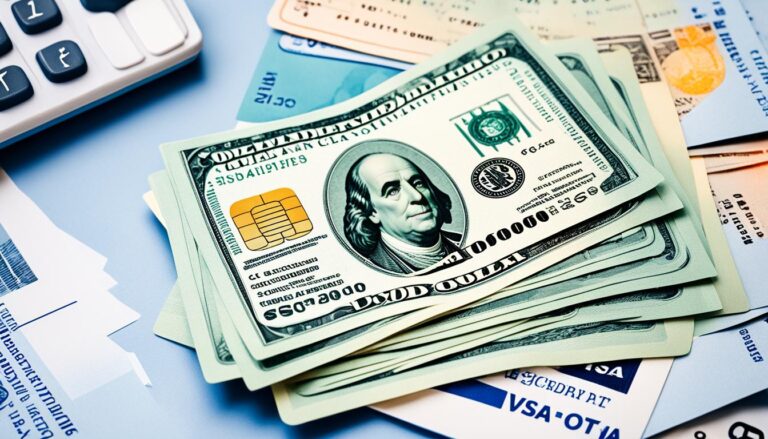Paying taxes can be a real pain. It takes time to file them and tax returns can take a while to get processed and get your refund if you have one coming your way.
Though things have gotten much easier in recent years. You can file your taxes, pay your taxes and even get your tax refund without ever leaving your home. All these things can easily be done online now. So no more having to wait in line at the post office to send your taxes off.
One of the things people wonder about when it comes to paying taxes is whether or not they can be paid with a credit card. Typically taxes can be paid using credit cards, yes.
However, the bigger question is whether you should be using credit cards to pay your taxes. And is it a good idea to do so? Let’s talk about pros and cons.
Can You Pay Taxes With A Credit Card?
As we have mentioned above, yes. You can pay your taxes with a credit card. You can also use a debit card to pay your taxes.
However, unlike paying your taxes by way of bank account transfers, using a credit card is not free. There are usually additional charges when you pay your taxes using your credit card.
The Internal Revenue Service (IRS) allows payment of taxes using credit or debit cards. The IRS uses third party payment processors for debit and credit payments.
But there are some things to keep in mind when you will pay your taxes through credit cards or debit cards. Here are some things to be aware of:
- You are allowed to pay either online or over the phone
- Depending on your tax type as well as the payment type, there is a maximum number of card payments that are allowed
- You can’t use credit or debit cards to pay for employers’ federal tax deposits
- There may be special requirements if you have to pay $100,000 or more using cards
As we have previously mentioned, there will be additional fees when paying your taxes through credit cards. The fees differ from the third party payment processors.
Here are the current fees per processor:
- PayUSAtax – Minimum fee of $2.69 or 1.96%, minimum fee of $3.95 or 2.49% for payments with an integrated IRS e-file and e-pay service provider
- Pay1040 – Minimum fee of $2.58 or 1.99%, minimum fee of $3.95 or 2.35% for payments with an integrated IRS e-file and e-pay service provider
- ACI Payments, Inc. – Minimum fee of $2.50 or 1.99%, minimum fee of $2 or 3.93% for payments with an integrated IRS e-file and e-pay service provider
Pros and Cons of Paying Taxes With Your Credit Card
There are pros and cons when you pay your taxes through credit card.
The first big con is the processing fee. Like what we have been talking about, there are additional processor fees if you pay using credit cards.
Also, if you don’t pay your full balance on your credit card statement, you’ll be subject to interest charges. This can end up increasing the amount of money you end up paying for taxes.
But there are some good things about using your credit card to pay taxes too. One is earning credit card rewards when using rewards credit cards. That can add up to some nice rewards depending on how much you owe in taxes.
Also on the pro side is the convenience. You just enter your credit card number as you would for making an ecommerce payment or online donation and you’re done.
So all in all, you can pay your taxes using your credit card or debit card. And depending on how you use it, it may be beneficial, or not.








